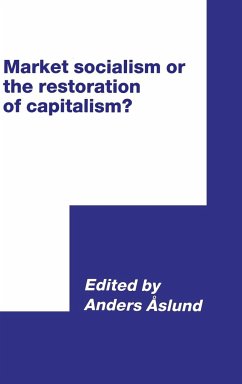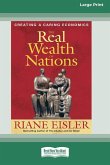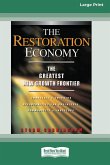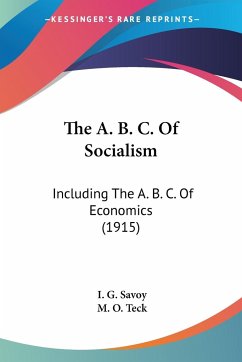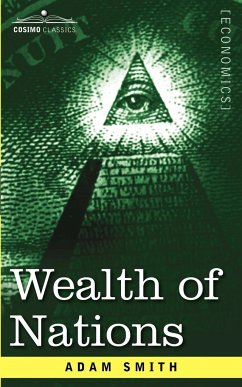When East European communism collapsed in the revolutions of 1989, the newly liberated countries discarded socialism altogether. For the first time, most of Eastern Europe experienced free elections and a multitude of parties, mostly with liberal, conservative or nationalist connotations, made their entry into political life. A bewildered world is now trying to imagine the future course of events. Has capitalism won or is something different emerging? Has market socialism vanished for good? How can the transitionary period be managed and what effect will it have on the standard of living in Eastern Europe? In this book, ten distinguished experts explore this transition to a market economy in Eastern Europe. In part I the authors consider what remains of market socialism. Wlodzimierz Brus discusses the future roles of both planning and the market, Mario Nuti argues that market socialism never existed, whilst Gerhard Fink outlines how a normal market economy can be established. In the following section, Jan Adam, Pekka Sutela and Anders Aslund investigate the development of economic thinking and policy making in Poland, Hungary and the Soviet Union and Stephen Fortescue examines the role of Soviet industrial ministries. The final part is devoted to aspects of the Soviet economy under perestroika. Sheila Marnie analyses labour issues, Henryk Flakierski assesses income distribution and Jan Ake Dellenbrant offers fresh insights on current economic levels in Estonia and Finland. Market Socialism or the Restoration of Capitalism? Presents a collection of thought-provoking articles on a most topical issue that few have yet managed to study. It will therefore be essential reading for all students and specialists of Soviet and East European studies, economics and politics.
Table of contents:
Introduction Anders Aslund; Part I. Market Socialism Revisited: 1. The compatibility of planning and market reconsidered Wlodzimierz Brus; 2. Market socialism: the model that might have been but never was Domenico Mario Nuti; 3. Monetary-fiscal management for macroeconomic equilibrium and growth Gerhard Fink; Part II. Economic Thinking and Policy-Making: 4. The possible new role of market and planning in Poland and Hungary Jan Adam; 5. Rationalizing the centrally managed economy: the market Pekka Sutela; 6. Changes in Soviet economic policy-making in 1989 and 1990 Anders Aslund; 7. The restructuring of Soviet industrial ministries since 1985 Stephen Fortescue; Part III. Effects of Perestroika on Soviet Life: 8. Employment and the reallocation of labour in the USSR Sheila Marnie; 9. Changes in income inequality in the USSR Henryk Flakierski; 10. Estonia's economic development 1940-1990 in comparison with Finland Jan Ake Dellenbrant; Index.
Table of contents:
Introduction Anders Aslund; Part I. Market Socialism Revisited: 1. The compatibility of planning and market reconsidered Wlodzimierz Brus; 2. Market socialism: the model that might have been but never was Domenico Mario Nuti; 3. Monetary-fiscal management for macroeconomic equilibrium and growth Gerhard Fink; Part II. Economic Thinking and Policy-Making: 4. The possible new role of market and planning in Poland and Hungary Jan Adam; 5. Rationalizing the centrally managed economy: the market Pekka Sutela; 6. Changes in Soviet economic policy-making in 1989 and 1990 Anders Aslund; 7. The restructuring of Soviet industrial ministries since 1985 Stephen Fortescue; Part III. Effects of Perestroika on Soviet Life: 8. Employment and the reallocation of labour in the USSR Sheila Marnie; 9. Changes in income inequality in the USSR Henryk Flakierski; 10. Estonia's economic development 1940-1990 in comparison with Finland Jan Ake Dellenbrant; Index.

